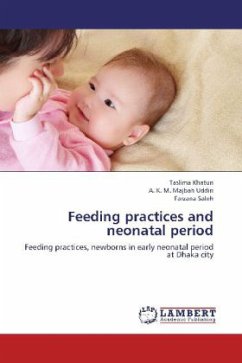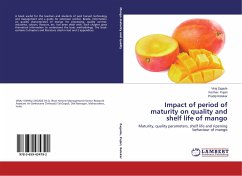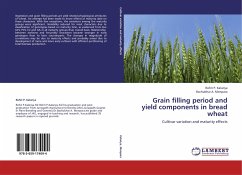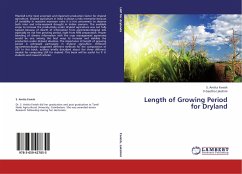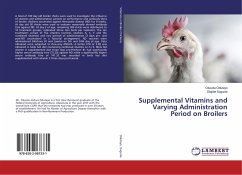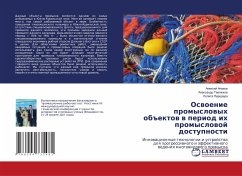Improper breast feeding and feeding practices are one of the major reasons for childhood malnutrition. The present study was undertaken to assess the feeding practices of newborn babies. A pilot study was conducted on 120 newborns (weight, M±SD, 2.82±0.50kg; boys 58%; girls 42 %) and their mothers collected. The data was expressed as the mean ± SD or median (range). 2 test was done to detect significant difference between the different groups whenever required. Among the newborns birth weight was normal ( 2.5 kg) in 75% babies and 25% babies were found to have LBW. About 58.3% were exclusive breast fed. Only 40.8% babies were breast fed within half an hour and 12.5% started within one hour after birth and 42% mother used prelacteal fed like sugar water and honey. The breasts fed frequency of the 52% babies were 8-12times/day. The prelacteal (water, juice, sugar water etc) fed were given to 48% of newborn babies. There was a positive association between mother s education-occupation and feeding practice of her baby ( 2= 14.5, p= 0.02 and 2= 30.63, p= 0.00). Feeding practices for newborn babies in Dhaka Medical College are nearby standard as suggested in the WHO Guidelines.
Bitte wählen Sie Ihr Anliegen aus.
Rechnungen
Retourenschein anfordern
Bestellstatus
Storno

